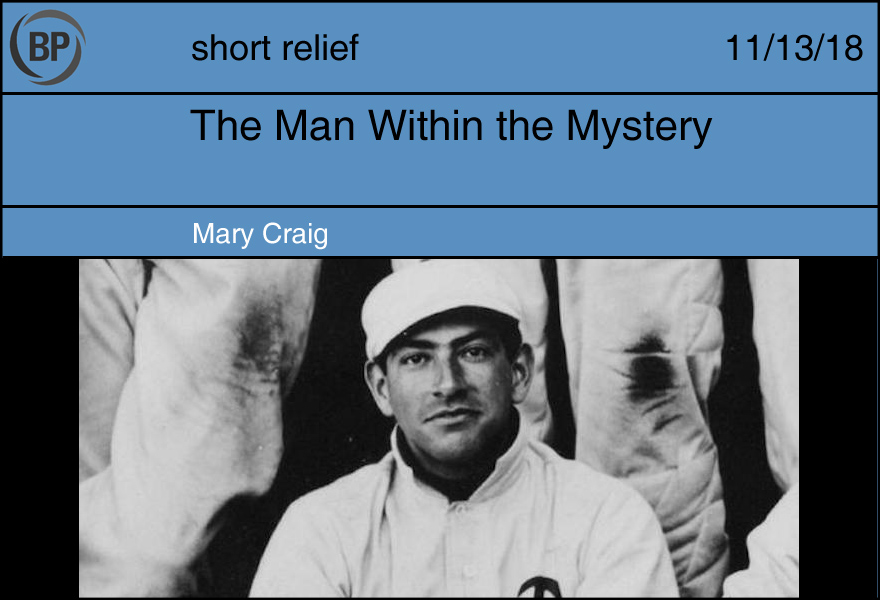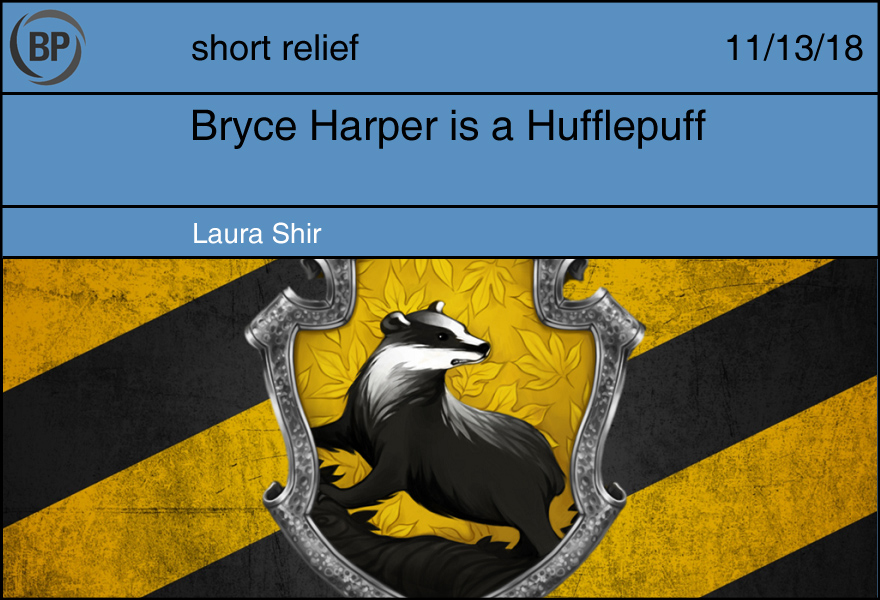
Lou Castro, as he preferred to be called, made his major league debut on April 23, 1902 for the Philadelphia Athletics. His professional baseball career lasted a paltry 42 games, in which he hit .245 with 15 RBI. On their way to winning the pennant, the Athletics removed him from the team in favor of Danny Murphy, who hit .313 and was a superior fielder. Any other player would have become a footnote in history; instead, Lou Castro became one of baseball’s biggest mysteries.
In 1913, while acting as a player-coach for Portsmouth, he gave an interview in which he claimed that exiled Venezuelan president, Cipriano Castro, had attempted to come to the United States to see him, as he was Castro’s nephew. Further, Lou asserted that he had moved from Colombia to New York at the age of 8 in order to escape his wealthy family’s ties to the outburst of revolutions. These remarks, which Lou would contradict at various points in his life, marked the first breadcrumbs of a trail that equally delighted and frustrated journalists for over a century.
Following this interview, baseball writers across the country began to theorize about the origins of the first Latinx player in American professional baseball. Some asserted that Cipriano Castro was actually his father, and Castro had undergone a series of name changes––from Luis Miguel to Louis Michael to, simply, Lou––in order to hide from the elder Castro. Others took a less serious approach, thrusting upon Castro the title of “The President of Venezuela.”
Known as a clown, Castro took much of this in stride while privately attempting to distance himself from his heritage. In 1917, he applied for naturalization, citing his birthplace as Medellin, Colombia. From this point on, he insisted his birthplace was New York City. He was born and raised in New York on the 1930 census. He was a lifelong American when he joined the Association of Professional Ball Players of America in 1937, broke and approaching death. He was a birthright citizen when his body was buried four years later in an unmarked grave in Queens.
In life as in death, Lou Castro teetered between remarkable prestige and complete irrelevance. He was either the close relative of a wealthy Venezuelan president or he was an American struggling to make a career in baseball. The more he was pulled to the former, the more he clung to his ability to pass as that white ballplayer.
For over 60 years, Lou got his wish; he was recognized as a native New Yorker. Yet, historians kept chipping away at Lou’s story until they revealed who Lou Castro really was: a native Colombian who immigrated to America as an eight-year-old. Not buried in ship records or newspaper interviews are the reasons why Castro so desperately pretended otherwise. But then, maybe the answer is right in front of us.

As we all know, in the 21st century, the most important way we categorize people is by their Hogwarts house. In fact, with enough care and study, we might even be able to predict the decision a person might make, based on the Hogwarts house they belong to. For that reason, I posit to you: Bryce Harper is a Hufflepuff.
The most important attributes of Hufflepuffs, according to the Sorting Hat, are that they are hard-working, loyal, patient, and just. Also, their dormitories are next to the kitchens, so they love food. Finally, according to the extremely reliable source “A Very Potter Musical,” Hufflepuffs are particularly good finders.
Let’s start with hard-working. While it’s true that Bryce has sometimes received criticism for failing to run out pop-ups, and he doesn’t run into outfield walls much any more, the man was in the majors at 19 years old. He’s one of the most hard-working players out there, which is why he has so much to show for it; no matter how much raw talent you have, you don’t get to be a phenomenon like Bryce without also being an incredibly hard worker.
Bryce is also extremely loyal, sometimes to a fault. When he decides he cares about someone, he will defend them no matter what. This was clearly demonstrated by how strongly he supported Matt Williams as his manager, in spite of the fact that Williams was terrible at his job. Only the loyalty of a Hufflepuff could lead a person to defend a manager who was so inept that he didn’t notice you getting strangled in your own dugout.
What about patience? Bryce is markedly patient at the plate, as shown by his 130 walks in 2018, first in the majors. He also holds the MLB record for most walks in a four-game series (13), and is tied for the record for most walks in a single game (6). His patience has been key to his success as a hitter, and is further evidence that he is indeed a Hufflepuff.
Lastly, Bryce is extremely concerned that umpiring be fair and just. This is why he gets ejected so much. He has 11 career ejections, and 9 of them involve arguing over either balls and strikes, or checked swings. While many players argue these issues, Bryce’s justice-related motivation can be demonstrated by the fact that he has even been ejected for arguing on behalf of other batters.
What about food and finding? Well, Bryce and his wife have a dedicated Instagram page just for documenting what they eat in different cities. Also, Bryce has never, unlike some of his teammates, lost a ball in the lights in a big situation. Check and check.
So what does that mean? As the Bryce Harper sweepstakes continue, teams such as the Dodgers, Cubs, Phillies, and Yankees have all been part of the conversation. However, a Hufflepuff player will ultimately choose a Hufflepuff team when it comes down to it. All those ambitious big-money teams are more Slytherins than they are Hufflepuffs; he could never be happy with them.
So who’s the real Hufflepuff team of MLB?
What about those lovable losers, the team that’s never won a playoff series… the Nationals?
Sorry, Cubs fans. Hogwarts houses don’t lie. My money’s on the Nats.
Thank you for reading
This is a free article. If you enjoyed it, consider subscribing to Baseball Prospectus. Subscriptions support ongoing public baseball research and analysis in an increasingly proprietary environment.
Subscribe now